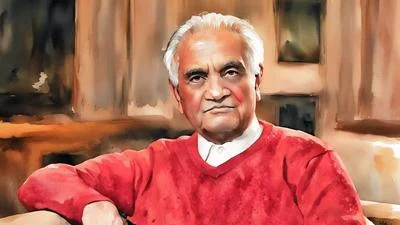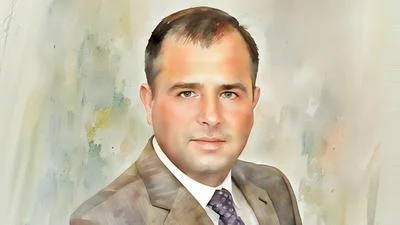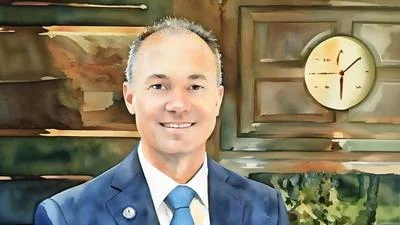The price of health care continues to rise, putting even nonprofit hospitals under scrutiny. With hospital systems consolidating and health care billing practices growing more opaque, there is concern that the hospitals are functioning more like corporations than charities. Some policymakers are asking whether the tax-exempt status of these hospitals serves a proper public interest.
Peter Roff, a columnist for Newsweek and conservative commentator, sees nonprofit hospitals as emblematic of a larger problem. “We have a health care crisis, but it’s a government health care crisis,” he says.
Roff, whose father is in the industry, traces the problem to growing government involvement in health care. “My father, who started his practice before the advent of Medicare and Medicaid, used to bemoan how the government getting into health care in a big way really destroyed its character,” he says.
Roff recalls his father saying he would rather treat Medicaid patients for free than navigate the complex billing and compliance requirements the government imposes. “The problem is... there’s too much government intervening in the relationship between doctors and patients.”
Roff argues that nonprofit hospitals are a driver of high costs, not a remedy. “We now have multibillion-dollar hospital chains operating as not-for-profit businesses, meaning you and I pay for them because our tax rates are higher, because they pay no tax,” he says. The institutions, in his view, act like private corporations while benefiting from public subsidies, shielding themselves from taxes while lobbying for more government support.
He questions their tax-exempt status. “If they were taxed as such, I suspect they’d be a lot better advocates for less government in the health care system than they are right now,” Roff says. He believes eliminating the exemption could inject competition into the sector, and generate revenue that could lower tax rates for everyone else.
Roff also points to a “fair share deficit,” where hospitals fail to provide sufficient charity care despite their tax advantages. When hospitals spend more than they bring in, "they either go out of business or they turn to the state or the federal government and say, ‘We need extra money, we need a bailout,’” he says.
The current model, in his eyes, incentivizes inefficiency and preserves services that might be better delivered elsewhere. “Hospitals are like post offices—it’s very hard to get one open, but once it’s open it’s almost impossible to close it.”
Consolidation has only worsened matters. Roff notes that small local hospitals have been absorbed into sprawling systems. “They’re not run by Doctor Farmer or Doctor Taylor,” he says. Instead, “they’re a branch of Mega Hospital Corp.”
These systems specialize, drive out general care, and jack up prices on unregulated items to offset government price controls elsewhere. “You get these crazy bills. Why did you charge me $12 for an aspirin? Because I could only charge you $10,000 for surgery that cost $25,000.”
He has personal experience with opaque billing and surprise charges. In another case, a hospital tried to charge him for a procedure done at home, listing the facility as his own bathroom.
The solution, he says, starts with ending the preferential treatment for non-profit hospitals. “If they had to pay taxes, if they had skin in the game, I think it would help get health care costs under control,” he says.
Taxing nonprofit hospitals, he argues, would pressure them to streamline operations, focus on quality of care, and push back against unnecessary regulation. “They’d spend a lot less time lobbying for subsidies and a lot more time lobbying against additional government control.”
He dismisses the idea of creating new regulators for nonprofit hospitals. “The last thing we need is more government,” Roff says. He envisions a broader reform strategy that includes taxing large hospital systems, enforcing price transparency laws, and limiting hospital ownership of physician practices.
Roff believes shifting financial incentives would ultimately benefit patients. “We’d be a lot better off if the health care community could focus on quality of care issues rather than payment issues,” he says. He also sees a broader danger in removing stakeholders from the tax system. “The quickest way to turn people into socialists is to take them off the tax rolls,” he says. “More people paying in means everybody gets to pay less.”
Without reform, he believes taxpayers will keep footing the bill—for higher prices, more bureaucracy, and declining care. “Every person who pays income taxes is paying for this,” he points out. "And we’re also on the hook when it goes bad.”









